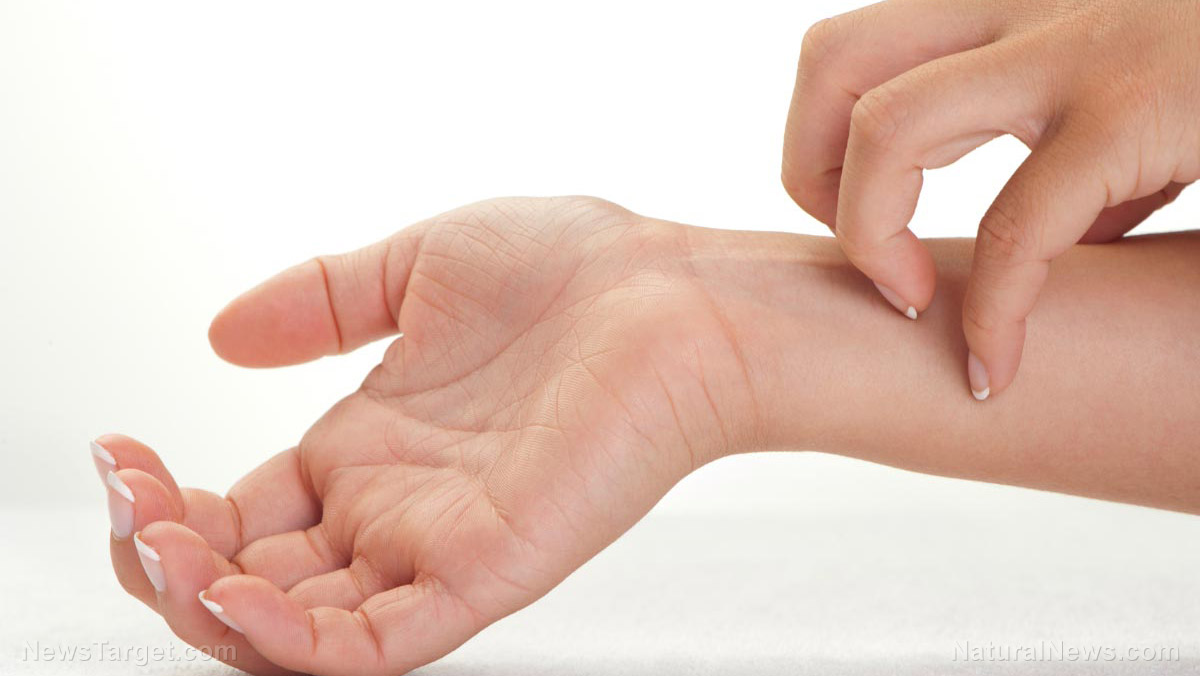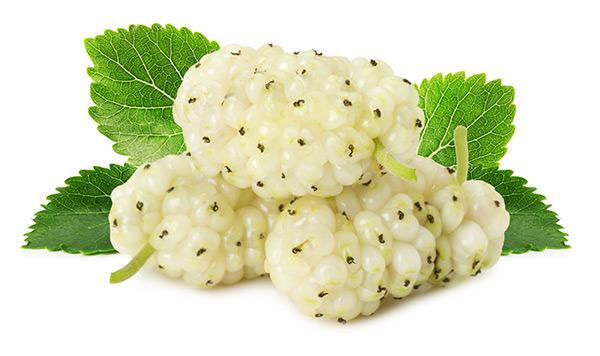Paneer dodi: Traditional Indian medicine may hold the key to treating diabetes
06/01/2020 / By Evangelyn Rodriguez

Withania coagulans, also known as Indian rennet or paneer dodi, is a medicinal plant that belongs to the nightshade (Solanaceae) family. It is traditionally used in Ayurveda as a natural treatment for chronic degenerative diseases, particularly diabetes. Despite this, not a lot of research has been done to explore the anti-diabetic properties of this bitter-tasting medicinal herb.
In a recent study, researchers from Singapore, Thailand and the United States explored the possibility of using Indian rennet as an alternative medicine for diabetes. To increase the bioavailability of Indian rennet extract, they encapsulated it in a naturally derived polymer and coated the capsule with starch to delay its release. The researchers reported their findings in an article published in the journal ACS Omega.
The anti-diabetic properties of Indian rennet
Traditionally, the raw extract of Indian rennet, which is obtained by immersing its fruit in water overnight, is consumed as a natural remedy for various illnesses. However, because of its bitter taste and strong odor, people are often unable to consume the necessary quantity to enjoy its medicinal benefits. One possible solution to this is to encapsulate Indian rennet extract into a concentrated form so it can be used as a nutraceutical.
However, the encapsulated product may not last long inside the stomach due to low pH conditions and the abundance of gastric enzymes. Plant-based extracts are notoriously sensitive to these adverse conditions, which can potentially lower their bioavailability. The researchers thus hypothesized that encapsulating Indian rennet extracts inside food-based particles will allow them to sustain their anti-diabetic activities as they travel through the gastrointestinal tract.
To test this hypothesis, the researchers developed a delivery system based on electrosprayed chitosan nanoparticles coated with food-based starch. Chitosan is a naturally occurring polymer that can be derived from the exoskeleton of shellfish, such as crabs, lobsters and shrimp. The researchers then tested the potential of the encapsulated extracts to reduce diabetes symptoms using pancreatic B cell cultures and mice with drug-induced diabetes.
The researchers reported that the aqueous Indian rennet extract they obtained promoted insulin secretion in pancreatic B cells, thereby exerting a glucose-lowering effect. Compared with untreated cells, the pancreatic B cells showed a nearly two-fold increase in insulin secretion following exposure to Indian rennet.
Meanwhile, treatment with the encapsulated extract also yielded similar results in vitro. In vivo, the enteric starch coating delayed the release of Indian rennet extracts in the stomach of diabetic mice by 2.5 times. The researchers also found that the encapsulated extract not only promoted insulin secretion, but it also decreased blood sugar levels by 60 percent. (Related: Researchers list the top herbs for preventing diabetes.)
Based on these findings, the researchers concluded that encapsulating plant-based extracts in food-grade, enteric-coated polysaccharide-based particles can increase their bioavailability. This delivery system also makes the use of Indian rennet for the management of diabetes feasible.
The medicinal properties of Indian rennet
The fruits of Indian rennet are gradually gaining considerable attention for their potential to treat chronic diseases like diabetes. According to earlier studies, Indian rennet is rich in active plant compounds that give it a variety of beneficial properties. These include anti-cancer, wound-healing, immune-modulating, glucose-lowering and cholesterol-lowering activities.
Besides being one of the best herbal medicines for diabetes, Indian rennet is also used to treat asthma. Its leaves are great for reducing fever, and when made into a paste, it can speed up the wound healing process. Indian rennet leaves can also be used to clean the blood of harmful toxins. Indian rennet can also be used as a diuretic and as an emmenagogue that helps regulate menstrual flow.
Learn about other medicinal herbs that can treat diabetes like the Indian rennet at Herbs.news.
Sources include:
Tagged Under: alternative medicine, anti-diabetes, Ayurvedic medicine, diabetes cure, diabetes science, disease treatment, herbal medicine, Herbs, Indian rennet, natural cures, natural medicine, research

















